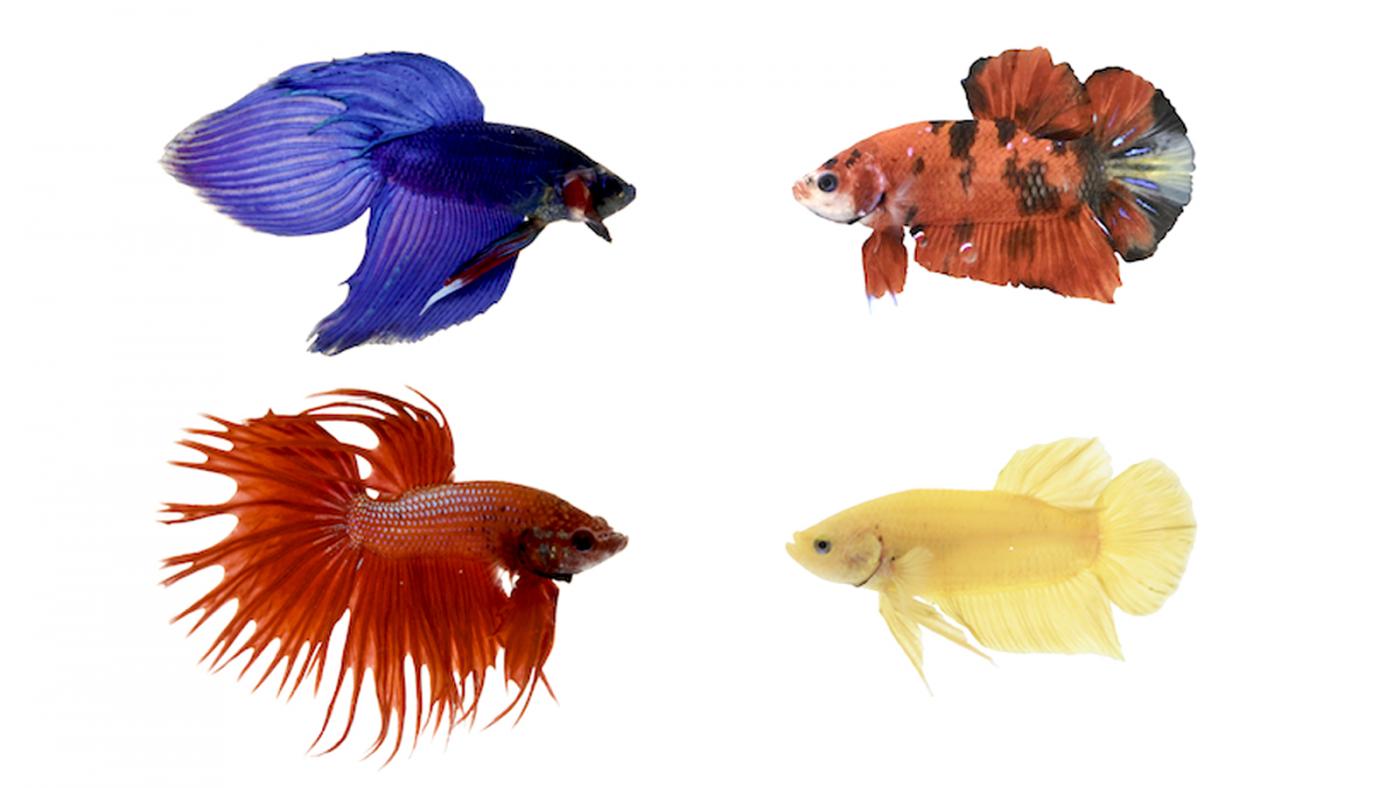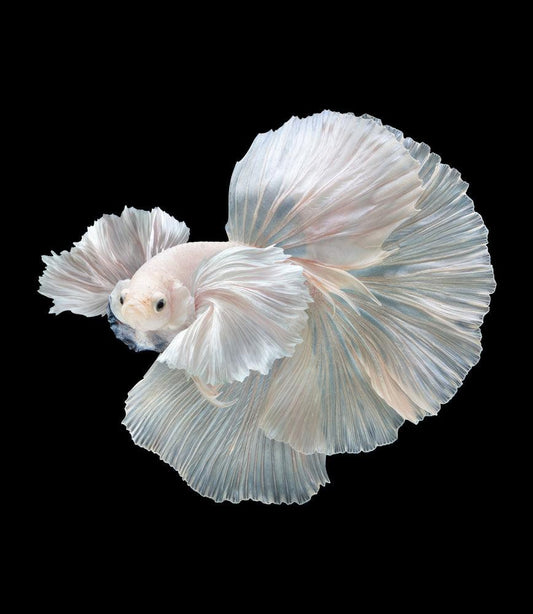How to Introduce Betta Fish to an Area Tank Safely
How to Introduce Betta Fish to an Area Tank Safely
Blog Article
The Ultimate Overview to Betta Fish Treatment: Essential Tips for Preserving a Healthy and Thriving Fish Tank Setting
Effective Betta fish treatment requires a comprehensive understanding of their unique ecological and physiological demands. Developing a suitable fish tank begins with selecting the right container dimension and ensuring optimal water conditions, which are essential for the health and health of your Betta. Additionally, recognizing appropriate feeding methods and developing a conducive habitat can dramatically influence your fish's vitality and behavior. As you consider these foundational elements, it becomes clear that keeping a growing fish tank setting needs attention to detail and continuous dedication. What details techniques will you execute to enhance your Betta's lifestyle?
Selecting the Right Storage Tank
Selecting the proper tank for your Betta fish is essential to guaranteeing its wellness and well-being. Bettas flourish in environments that simulate their natural habitats, which typically consist of calm, cozy waters. A tank size of at the very least 5 gallons is advised to provide sufficient swimming area, as smaller tanks can lead to anxiety and health problems for these vibrant fish.
When choosing a storage tank, take into consideration the container's shape and purification system. Furthermore, a trustworthy purification system is necessary to preserve water high quality and lessen the frequency of water adjustments.
Temperature guideline is an additional vital variable; Bettas prefer water temperature levels in between 76 ° F and 82 ° F. Investing in a good heating unit will ensure that the water continues to be within this array, advertising a healthy and active lifestyle for your Betta. Finally, providing suitable storage tank designs and hiding spots will assist minimize stress and motivate all-natural behaviors, better enhancing your Betta's health.
Preserving Water Quality
Preserving optimum water top quality is necessary for the health and long life of Betta fish. This requires routine surveillance of numerous parameters, consisting of temperature, pH, ammonia, nitrite, and nitrate degrees. Bettas grow in temperature levels in between 76 ° F and 82 ° F, so preserving a stable temperature is important. Sudden changes can cause tension and health problem.
The pH level ought to ideally fall between 6.5 and 7.5. Regular testing making use of a dependable water testing kit can help ensure these criteria stay within the proper ranges. Ammonia and nitrite levels ought to always be at 0 ppm, as even low focus can be hazardous to Betta fish. Nitrate degrees need to be maintained under 20 ppm to avoid long-term health problems.
Routine water adjustments are crucial to preserving water top quality. Furthermore, including a durable purification system can assist in preserving water clearness and high quality, supplying a much healthier environment for your Betta fish.
Suitable Feeding Practices
Providing a balanced diet plan is critical for the health and vibrant coloration of Betta fish, as their nutritional demands play a substantial role in their general wellness. Betta fish are meat-eating by nature, requiring a diet plan high in healthy protein. A combination of top notch pellets, icy or real-time foods such as bloodworms, brine shrimp, and daphnia can provide the important nutrients they require.
Feed your Betta fish a couple of times a day, supplying just what they can take in within 2 to 3 mins to stop overfeeding and keep water high quality. Overfeeding can bring about obesity and health and wellness concerns, including swim bladder disease. It is necessary to monitor their dietary intake and change part sizes accordingly.
In addition to protein, a well balanced diet should include nutrients to promote optimal wellness. Consider supplementing their diet with top notch flakes or pellets especially developed for Betta fish, as these company website often include necessary ingredients.

Producing a Suitable Habitat

Water quality is vital; preserve a temperature in between 76 ° F and 82 ° F, and make certain the pH degree ranges from 6 - betta fish.5 to 7.5. Regular water modifications of 25-50% per week will certainly aid maintain toxic substances away and make certain a secure environment
Incorporating plants and hiding spots is crucial, as Betta fish are naturally territorial and take pleasure in having areas to check out and retreat. Live or silk plants, in addition to caves and accessories, can produce a stimulating setting.

Regular Health And Wellness Checkups
Carrying out routine health checkups is essential for making sure the health of Betta fish, as very early discovery of prospective concerns can avoid major health and wellness troubles. These check-ups ought to include a comprehensive assessment of the fish's physical condition, actions, and environmental variables.
Begin by observing the Betta fish for any indications of distress, such as sleepiness, anorexia nervosa, or unusual swimming patterns. Furthermore, check the fins and body for signs of staining, sores, or fin rot, which can indicate infections or parasites. Frequently keeping track of the water top quality in the aquarium is equally important; specifications such as pH, ammonia, nitrite, and nitrate degrees must be maintained within ideal arrays to stop stress and health problem.
Furthermore, think about preserving a log of health and wellness monitorings and water high quality examinations. This record can help with the recognition of patterns helpful hints or reoccuring concerns. If any problems are discovered throughout the appointment, it is vital to get in touch with a vet experienced in aquatic animals. Prompt intervention can make a substantial distinction in the recovery of your Betta fish, making sure a long and healthy and balanced life in a properly maintained fish tank setting.
Final Thought
Finally, effective Betta fish care depends upon producing and preserving an ideal aquarium atmosphere. Secret variables include picking a suitably sized storage tank, making sure regular water high quality, sticking to ideal feeding practices, and creating a habitat that minimizes tension. Regular health and wellness examinations are crucial for very early discovery of possible issues. By complying with these guidelines, aquarists can advertise the wellness and vibrancy of Betta fish, inevitably causing a flourishing water community.
Report this page